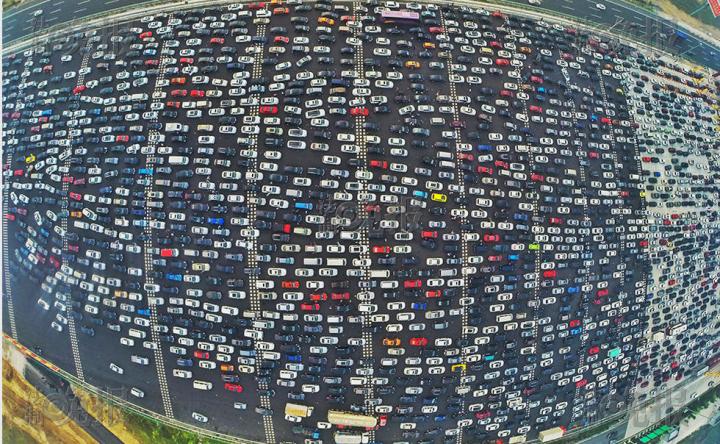
Accounting firm KPMG looked at the future and saw that roads could be close to three times as crowded as they are now. Working with focus groups in Atlanta, Denver, and Chicago, KPMG identified two groups likely to increase their travel significantly with the advent of driverless cars. People ages 16 to 25 and older than 65 will be the biggest users when companies like Lyft and Uber start providing driverless car service.
KPMG’s Gary Silberg compared driverless car service to smartphones. “It will be indispensable to your life,” he said. “It will be all sorts of things we can’t even think of today.”
Driverless cars with passengers will be the first component of potential traffic overload. KPMG’s analysis predicted that step is likely to add a potential extra 2 trillion miles of travel in the U.S. a year by 2050, just from the two age groups they identified as the heaviest users. With current miles traveled set at 3.1 trillion miles a year, the prospect of 60-plus percent more traffic is already a big jump. KPMG also predicted that driverless cars without passengers could double the increase again. If the expected self-driving car advantages of safety, speed, and lower cost also result in more discretionary travel, the total annual miles traveled could hit 8 trillion.
Another factor is whether people will take cars rather than airplanes for short trips of just a few hundred miles. Once there are roads or traffic lanes restricted to autonomous cars only, speed limits could be increased because the human factor currently responsible for 90 percent of accidents would be removed. If a driverless car can pick you up at home, travel safely and inexpensively to a destination 200 to 300 miles away at 100-plus miles per hour, and then drop you off directly at your destination, why take a plane?
It may be that once driverless cars are in the majority, congestion won’t matter as much. Humans won’t perceive traffic as a waste of personal time when they send cars on errands. Also, without human drivers, robot cars, with or without passengers, will be able to zip around quickly and safely to make up for the extra vehicles on the road and extra miles traveled. The traffic pain is likely to be at its worst when autonomous car technology is revving up but still needs to share roads with people-driven cars.
Editors' Recommendations
- Your car insurance company knows more about you than you think
- Cruise autonomous vehicle drives over woman just after she was hit by another car
- Autonomous cars confused by San Francisco’s fog
- Ford and VW close down Argo AI autonomous car unit
- Ex-Apple employee pleads guilty to nabbing Apple Car secrets




